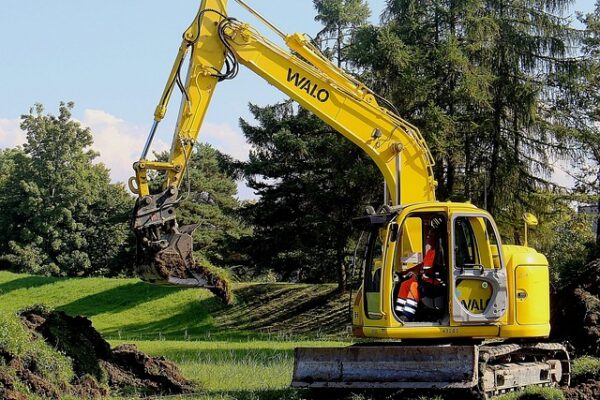Finding a preschool and daycare center near me is essential for many families seeking reliable and quality care for their children. There are numerous licensed options available that provide programs for infants, toddlers, and preschool-age children, ensuring their early learning and development needs are met. A convenient way to locate these centers is by searching through local directories or municipal resources that list licensed childcare providers by location and program type.
Many cities support a variety of childcare services, including home-based care agencies and before- and after-school programs. These options often come with detailed inspection reports and information about safety compliance, helping parents make informed decisions. Families can also explore subsidy programs to help manage childcare costs, making quality care more accessible.
Choosing the right facility involves considering factors like program quality, licensing status, and proximity. Access to resources that allow filtering by these criteria simplifies the search process and helps parents find the best fit for their child’s needs close to home.
Finding the Best Preschool and Daycare Center Near Me
Locating the right preschool or daycare involves targeted searching, understanding the educational offerings, and verifying credentials. These steps ensure that the child receives quality care and early learning in a safe environment. Parents should focus on practical criteria such as location, program content, and staff qualifications.
How to Search for Nearby Preschools and Daycare Centers
Begin by using specific search terms like “preschool near me” or “daycare centers close by.” Online platforms and local databases provide listings with reviews, photos, and pricing. Visiting websites of potential providers helps gather detailed information.
Parents should also consider proximity to home, work, or commute routes for convenience. Tools such as commute planners or filtering options for full-time or part-time care can streamline the process. A thorough search also involves noting availability and facility hours to ensure they fit family needs.
Evaluating Curriculum and Learning Programs
Focus on preschools and daycares that offer structured programs aligned with early childhood education standards. Check for age-appropriate learning activities promoting cognitive, social, and emotional development. Programs that integrate play with educational goals tend to foster better engagement.
Look for centers offering a clear daily schedule, including time for outdoor play, rest, and meals. Preschool options with kindergarten preparation or specific skill-building curricula should be considered if long-term educational alignment is a priority. Transparency about instructional methods and learning goals is essential.
Assessing Accreditation and Teacher Qualifications
Accreditation from organizations like the National Association for the Education of Young Children (NAEYC) signals adherence to high standards in safety, curriculum, and teacher quality. Parents should verify if the center holds such recognition.
Review the qualifications of teaching staff, including certifications in early childhood education and ongoing professional development. Staff-to-child ratios also affect individual attention and care quality. Confirm that background checks and health clearances are up to date to ensure a secure environment.
Enrollment, Safety, and Family Involvement
Choosing a preschool or daycare requires understanding key factors like enrollment procedures, safety standards, and how the center involves families. These elements ensure a smooth start for children and foster a supportive environment.
Enrollment Requirements and Process
Enrollment typically begins with an application form that collects essential child and family information. Centers may require proof of age, immunization records, and emergency contacts to comply with regulations.
Some programs have specific deadlines or waiting lists. Parents should expect orientation sessions to review policies and clarify schedules. Fees, deposits, and payment plans are important to understand before enrollment is finalized.
Clear communication about attendance expectations and required documentation helps families prepare. Centers often offer tours, allowing parents to assess the environment and ask questions.
Understanding Health and Safety Practices
Daycare and preschool centers must follow strict health and safety protocols to protect children. These often include daily health screenings, hygiene routines, and secure entry systems.
Staff are trained in first aid and emergency response. Facilities are regularly inspected to meet licensing standards concerning sanitation, equipment safety, and child-to-staff ratios.
Centers develop illness policies that require children to stay home when sick to limit outbreaks. Clear procedures for handling injuries and emergencies are communicated to parents.
Safety also involves creating a physically secure space with age-appropriate furniture, safe play areas, and constant supervision.
Parent Communication and Community Engagement
Effective family involvement strengthens a child’s learning experience. Centers use daily reports, newsletters, and digital platforms to keep parents informed about activities and development.
Regular parent-teacher meetings allow caregivers to discuss progress and address concerns. Some centers host family events to encourage social connections among parents and staff.
Partnerships between families and educators create a shared understanding of each child’s needs. Active family engagement supports children’s well-being and fosters a sense of belonging within the program.
Centers may provide resources or workshops to help families support learning at home, emphasizing collaboration.









